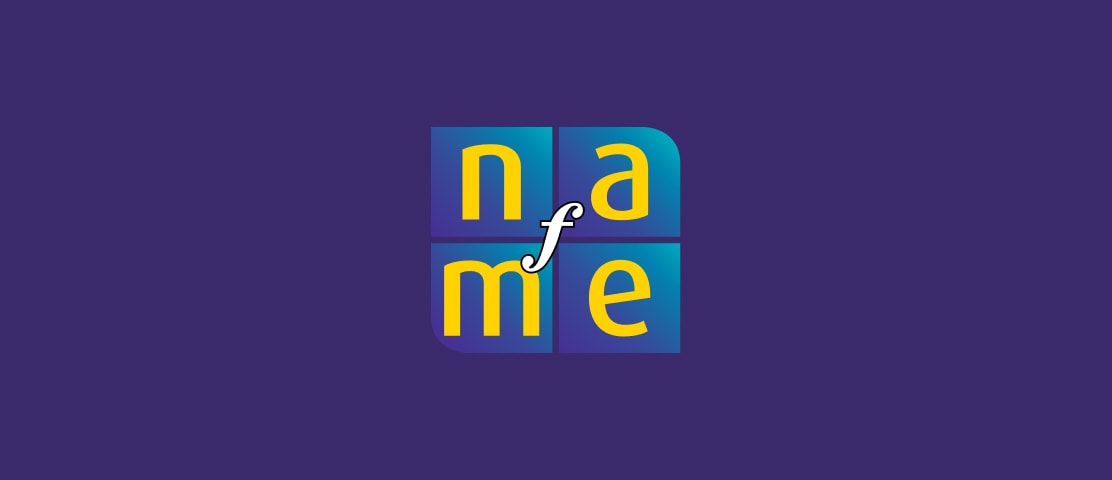/ Publications & Resources / Resource Library / Copyright Permissions for Performance
A Resource from National Association for Music Education and National Federation of High Schools
The primary permissions provider for a musical work is the copyright holder(s). In most circumstances, the music publisher holds the copyright for the work and can grant synchronization, mechanical, and public performance licenses. Public performance licenses may also be obtained from the appropriate Performance Rights Organization (PRO), such as ASCAP, BMI, or SESAC. It is important to identify all potential rights implicated on a per-use basis, and to secure the appropriate permissions.
This guidance includes examples of different performance scenarios and the licenses required for each. Updated 2023.




